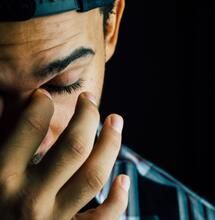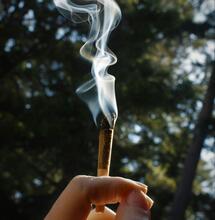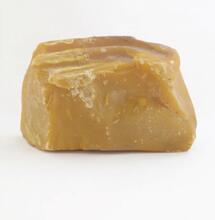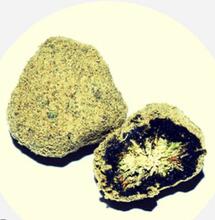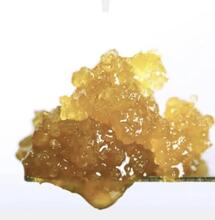Morgan Freeman, Cannabis Advocate
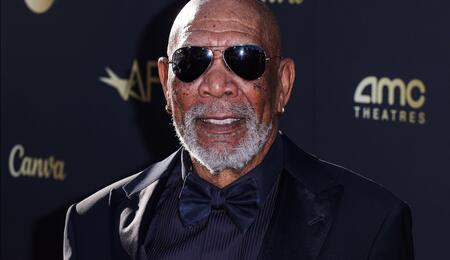
Morgan Freeman is known around the world for his award-winning work in film. However, the African American activist is also heavily involved in civil rights and cannabis activism.
Freeman grew up far from Hollywood. Born in the South, pre-civil rights on June 1, 1937. His mother was a teacher, and his father was a barber who unfortunately had passed away by the time Freeman reached his early twenties.
Freeman made his acting debut at the age of 9 and 12, he won a statewide drama competition, giving him the opportunity to perform on a Nashville radio show.
As a young man, Freeman joined the Air Force originally with the idea of becoming a fighter pilot. When that did transpire, however, he worked as a radar repairman.
Once he had left the RAF he then moved out to California to follow his acting dream. It was in the late ’60s when he began to make his mark in live theatre in New York. His big-screen career began to take off in the 80’s.
Freeman's big screen roles are many and he has been nominated for the Academy Awards five times as well as for five Golden Globes. He did win Best Supporting Actor for Million Dollar Baby at the 77th Academy Awards.
Freeman's familiar voice is also very recognisable in lots of voice-over work and he has also moved into executive producing.
Freeman was born during a highly segregated time, leading to early activism and support of the South African freedom movement in the 1980s. Always an outspoken civil rights advocate for civil rights, Freeman takes the issue of cannabis legalization as a personal one.
In the United States, in particular, The war on drugs and racism and police violence have long been connected. Freeman has often been a very vocal critic of America's drug laws and their racial impact.
Does Morgan Freeman Use Cannabis?
When it comes to personal cannabis use Freeman has been a user since a severe car accident in 1997 and has been a longtime supporter of full cannabis legalisation.
Freeman regularly lends his name to the cause, narrating specials and doing interviews about why he believes cannabis should be federally legal and freely available.
Freemans' voice is important as he is an African American role model who has been successful financially and professionally and who personally uses cannabis in a way that promotes his health.
More From Soft Secrets:
DEA Moves to Reclassify Cannabis


